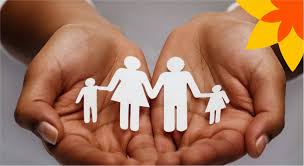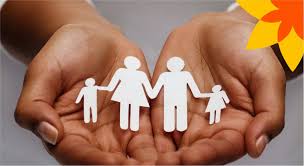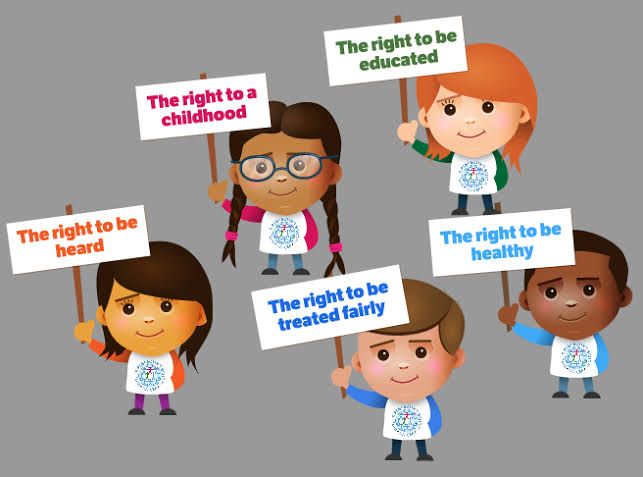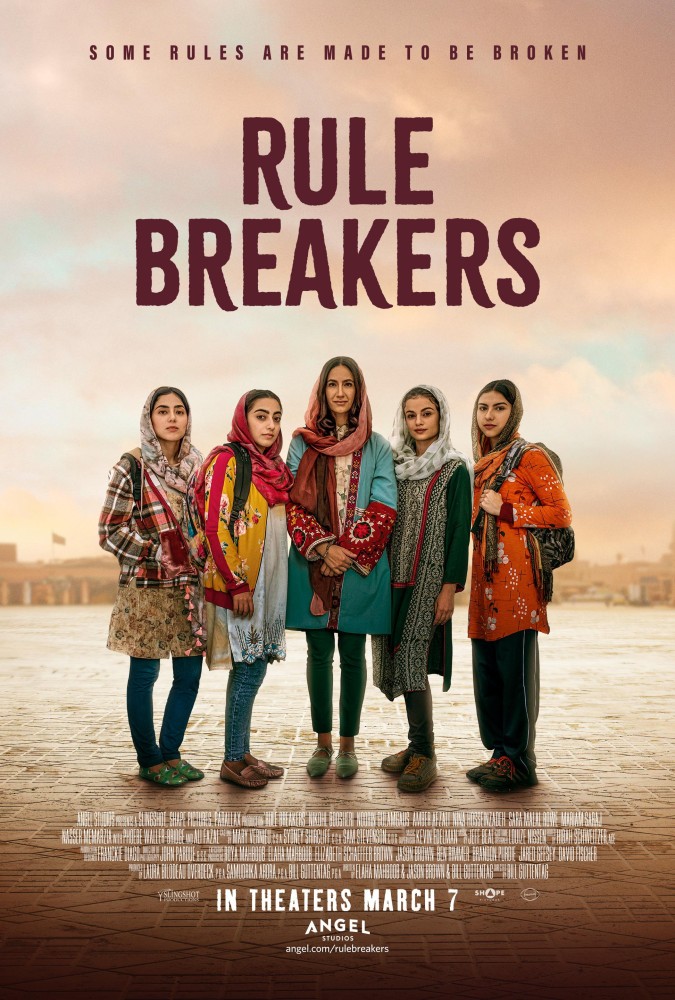Gender Equality and Women Empowerment: Building a Fairer World
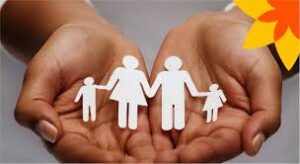
In today’s world, gender equality and women empowerment are not just ethical goals but essential elements for global progress. These concepts revolve around providing equal rights, responsibilities, and opportunities to all genders—especially in empowering women to fully participate in social, economic, and political life. Despite advances, women and girls still face discrimination, violence, and unequal access to resources and decision-making power. Achieving gender equality and empowering women benefits not only individuals but entire communities and nations.
What is Gender Equality?
Gender equality means that people of all genders have equal rights, responsibilities, and opportunities. It doesn’t mean that women and men are the same, but that their rights, responsibilities, and opportunities do not depend on their gender.
In practice, gender equality ensures:
- Equal access to education, healthcare, and employment
- Equal pay for equal work
- Freedom from gender-based violence and discrimination
- Equal voice in decision-making at all levels
What is Women Empowerment?
Women empowerment is the process of giving women the power and confidence to make decisions about their own lives and to participate fully in society. Empowerment involves:
- Education and skills development
- Economic independence
- Legal rights and protections
- Leadership and political participation
- Freedom from societal norms that limit their potential
When women are empowered, they contribute more actively to their families, communities, and countries.
Why is Gender Equality Important?
1. Human Rights
Gender equality is a fundamental human right. Every individual—regardless of gender—deserves dignity, respect, and the freedom to live without discrimination or oppression.
2. Economic Growth
Empowering women boosts the economy. Studies show that companies and nations perform better when women are included in the workforce and decision-making. Gender equality leads to better use of talent and resources.
3. Better Health and Education
Women tend to invest more in the health and education of their families. When women are educated and economically empowered, children are more likely to be healthy, well-nourished, and in school.
4. Peace and Stability
Countries with greater gender equality are more stable and peaceful. Empowered women participate in peace-building, governance, and community leadership, leading to more inclusive and lasting solutions to problems.
Barriers to Gender Equality and Women Empowerment
Despite progress, women and girls around the world continue to face many challenges:
1. Gender-Based Violence
Violence against women, including domestic abuse, sexual harassment, and harmful cultural practices (like female genital mutilation and child marriage), continues to be widespread.
2. Unequal Access to Education
In some regions, girls are still denied education due to poverty, cultural beliefs, early marriage, or lack of facilities. This limits their opportunities for personal and professional development.
3. Economic Inequality
Women often earn less than men for the same work and are underrepresented in leadership roles. Many women work in informal or unpaid jobs without protection or benefits.
4. Cultural and Social Norms
Deep-rooted traditions and beliefs in many societies limit women’s roles to the home and discourage them from participating in public life.
5. Lack of Representation
Women remain underrepresented in politics, business, and media. Their voices and perspectives are often missing from decision-making spaces.
Strategies to Promote Gender Equality and Empower Women
Achieving gender equality requires commitment from individuals, communities, governments, and institutions. Here are key strategies:
1. Education for Girls
Education is the foundation of empowerment. Governments and NGOs must work to eliminate barriers to girls’ education, including poverty, early marriage, and gender-based violence in schools.
2. Economic Empowerment
Providing women with job opportunities, equal pay, access to credit, and entrepreneurship support helps them become financially independent and confident.
3. Legal Reforms
Laws must protect women’s rights and punish discrimination and violence. This includes enforcing equal pay, land rights, and protection from harassment and abuse.
4. Political Participation
Women must be encouraged and supported to take leadership roles in politics and community decision-making. Quotas, training programs, and mentorship can help.
5. Changing Social Norms
Public campaigns, media, and education can challenge harmful gender stereotypes and promote shared responsibilities at home and in the workplace.
6. Access to Healthcare
Women need access to quality healthcare, including reproductive health services, to make informed decisions about their bodies and families.
The Role of Men and Boys
Gender equality is not just a women’s issue—it requires the active participation of men and boys. They must:
- Challenge sexist attitudes and behaviors
- Support women in leadership and decision-making roles
- Share household and caregiving responsibilities
- Stand against gender-based violence
Positive male role models who promote equality help reshape society for the better.
Global Examples of Progress
1. Rwanda
Rwanda has one of the highest percentages of women in parliament, thanks to a constitutional quota. Women have taken leadership roles in rebuilding the country post-conflict.
2. Bangladesh
Through microfinance programs, many Bangladeshi women have started small businesses, gaining income and independence.
3. Nordic Countries
Countries like Sweden, Norway, and Finland rank among the highest in gender equality, offering paid parental leave, equal pay laws, and strong female representation in politics.
Conclusion
Gender equality and women empowerment are not optional—they are necessary for a just, peaceful, and prosperous world. By removing barriers and creating opportunities, we can unleash the full potential of half the world’s population. It’s time to ensure that every girl can dream, every woman can lead, and every individual can thrive, regardless of gender.
Let us all commit—governments, communities, men, and women—to building a world where gender does not define destiny.

